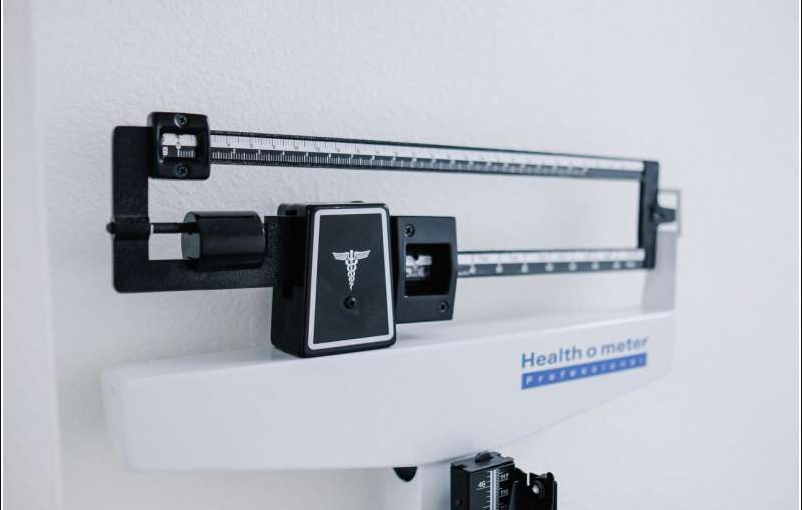Key Insights:
- Potential Life-Saving Impact: Expanding access to new weight-loss medications could save over 40,000 lives annually in the U.S.
- Obesity Crisis: 74% of Americans are overweight, and 43% are obese, contributing to severe health issues like type 2 diabetes and cardiovascular disease.
- Pharmaceutical Breakthrough: GLP-1 receptor agonists (e.g., Ozempic, Wegovy) and GIP/GLP-1 receptor agonists (e.g., tirzepatide) have shown significant efficacy in weight loss.
- Barriers to Access: High drug costs, limited insurance coverage, and regional disparities hinder broad access to these treatments.
- Regional Benefits: States with high obesity and diabetes rates, like West Virginia and Mississippi, would benefit most from expanded access.
- Public Health Opportunity: Addressing financial and coverage barriers could drastically reduce obesity-related mortality and healthcare costs.
New research suggests that broadening access to innovative weight-loss Drugs could save over 40,000 lives annually in the U.S. Researchers from Yale School of Public Health and the University of Florida conducted the study. Their findings were published in the Proceedings of the National Academy of Sciences.
This study highlights the urgent need to remove barriers that prevent access to these treatments. If addressed, they could play a significant role in solving the nation’s obesity crisis.
The Obesity Crisis in the U.S.
Obesity is a serious public health issue. According to the U.S. Centers for Disease Control and Prevention (CDC):
- 74% of Americans are overweight
- 43% of them are considered obese
Obesity worsens many health conditions, including:
- Type 2 diabetes
- Cardiovascular disease
- Certain cancers
However, despite the severe consequences, progress in developing and offering effective obesity treatments has been slow.
Promising New Medications
Recently, pharmaceutical interventions have shown great promise. Notably, two classes of drugs stand out:
- Glucagon-like peptide-1 (GLP-1) receptor agonists (e.g., Ozempic, Wegovy)
- Dual GIP/GLP-1 receptor agonists (e.g., tirzepatide)
These medications were initially created to treat diabetes. However, they have proven highly effective for weight loss, delivering results previously unattainable by many patients.
Potential Lives Saved by Expanding Access
In their study, the researchers examined the potential impact of making these medications more accessible. Using data on obesity prevalence and mortality risks, they found that up to 42,027 deaths could be prevented annually.
Here are the key findings:
- 11,769 of those lives saved would be among individuals with type 2 diabetes.
- Currently, 8,592 lives are saved annually, mostly among people with private insurance.
Clearly, broadening access could significantly reduce obesity-related deaths.
Barriers to Access
Despite the promise of these medications, many people still face significant barriers to access, such as:
- High costs: Monthly costs can exceed $1,000 without insurance.
- Insurance coverage gaps: Medicare, for example, does not cover these medications for weight loss. Private insurance plans often impose high deductibles and copays.
- State-by-state variability: Medicaid coverage varies widely, leaving many without affordable access to these drugs.
The Public Health Opportunity
Dr. Alison P. Galvani, one of the study’s authors, emphasized that expanding access is not just a treatment issue but a public health priority. She said, “Our findings underscore the potential to reduce mortality significantly by addressing financial and coverage barriers.”
Regional Impact of Expanded Access
The study also explored how different regions would benefit from greater access to these medications. States with the highest obesity and diabetes rates—such as:
- West Virginia
- Mississippi
- Oklahoma
would see the most substantial per capita reductions in deaths. These regions stand to gain the most from expanded medication availability.
Remaining Challenges
While the benefits are clear, several challenges remain:
- High drug costs: The price of these medications remains a barrier.
- Pharmaceutical profit concerns: Companies may prioritize profit over affordable access.
- Production limitations: Supply chain and production issues hamper widespread availability.
Dr. Burton H. Singer, another co-author of the study, stressed the need for a multifaceted solution. He noted that reducing costs and increasing production capacity are essential steps.
Addressing Socioeconomic Disparities
The study also accounted for income disparities and found that even with adjustments, expanded access would save a significant number of lives. Beyond saving lives, increased access could:
- Reduce healthcare costs tied to obesity-related conditions
- Improve the overall quality of life for millions of Americans
Conclusion: the Benefit of Expanding Access to Weight-Losing Drugs
In conclusion, expanding access to weight-loss medications offers an unprecedented opportunity to address the obesity epidemic. By overcoming financial, logistical, and systemic barriers, the U.S. could save thousands of lives and reduce the burden of obesity-related diseases.
Now is the time to make these treatments accessible to all who need them.
FAQs:
Q. Why are weight-loss medications important for public health?
These medications, particularly GLP-1 and GIP/GLP-1 receptor agonists, are highly effective in promoting weight loss, reducing the risk of obesity-related diseases, and saving thousands of lives annually.
Q. What are the current barriers to accessing these weight-loss medications?
High costs, lack of insurance coverage, and variability in Medicaid coverage are the main obstacles preventing many people from accessing these life-saving treatments.
Q. Which regions in the U.S. stand to benefit the most from expanded access to these medications?
States with high obesity and diabetes rates, such as West Virginia, Mississippi, and Oklahoma, would see the most significant reductions in mortality with expanded access.
Q. How could expanding access to these medications reduce healthcare costs?
By preventing obesity-related diseases such as type 2 diabetes and cardiovascular disease, these medications could lower healthcare costs associated with treating these conditions.
Q. Are there any challenges in making these drugs more widely available?
Yes, the high cost of these medications, concerns about pharmaceutical profit margins, and supply chain limitations are significant challenges that need to be addressed.
